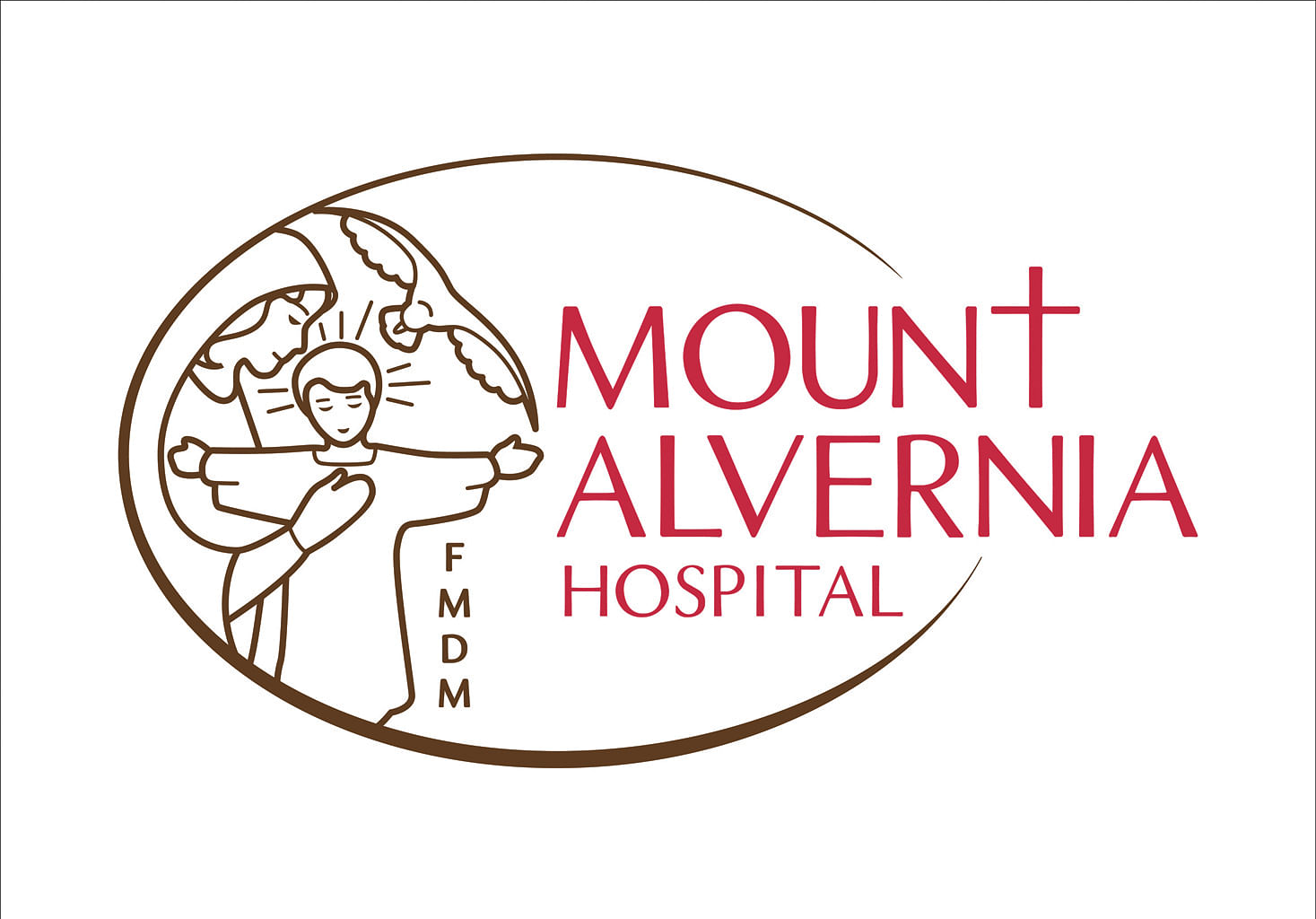Q I am 53 and exercise at the gym four to five times a week.
I have not felt any physical discomfort during exercise. However, my resting heart rate is over 80 beats per minute and it is over 100 beats per minute after a meal.
I have consulted a cardiologist and been given the all-clear.
My cholesterol levels, which have always been high, recently went down to 277 mg/dl for my LDL and 80 mg/dl for my HDL.
My total cholesterol to HDL ratio is 3.5. My blood pressure is 109/79.
Is there a problem with my high resting heart rate?
A The normal adult heart rate is considered to range between 60 and 100 beats per minute and is affected by numerous factors such as physical activity, age and gender.
In fact, heart rate varies from person to person and can change frequently throughout the day. There are also considerable variations based on each person's fitness level and underlying medical conditions.
The resting heart rate in adults is approximately 65 to 85 beats per minute. A slower resting heart rate can occur in healthy people as an adaptive response, particularly in well-conditioned athletes.
However, with moderate regular physical activity, your resting heart rate of 80 beats per minute is considered normal, based on your circumstances.
After a meal, your heart rate increases normally to aid with digestion. Having larger quantities of food can increase your heart rate for a longer period of time. If you have caffeine, your heart rate may also increase considerably.
However, if a person has a resting heart rate consistently persisting above 100 beats per minute, palpitations and an exaggerated heart rate response out of proportion to his physiological needs, he may have an unusual condition called inappropriate sinus tachycardia. This condition is usually considered only when other causes of fast heart rate have been excluded.
For most people, under normal physiological conditions, a heart rate of more than 100 beats per minute does not normally cause symptoms directly attributable to the fast heart rate such as palpitations.
A person may also have symptoms from medical conditions that lead to a fast heart rate. These symptoms include fever, pain, dizziness, shortness of breath and chest discomfort.
The rapid heart rate may itself result in symptoms of chest pain and shortness of breath, especially in those with underlying heart conditions.
In these situations, those affected are encouraged to seek medical attention, especially if they experience frequent episodes of unexplained fast heart rate.
The cardiac investigations used to determine the cause of the fast heart rate may include a 12-lead electrocardiogram (ECG), echocardiogram and ambulatory ECG monitoring devices such as Holter monitors.
Further diagnostic tests may also be required, depending on the initial assessment, especially if the patient has underlying heart conditions that can lead to serious irregular heart rhythm.
It is good that your cholesterol levels have improved recently. However, your levels are still considered elevated above the normal range and I would strongly suggest that you continue to improve your cholesterol profile with your doctor's help.
When the bad cholesterol (LDL) level rises, the risk of heart attack increases. "Bad" cholesterol builds up in the inner walls of the heart arteries and, together with other substances, form plaque that can narrow or block the arteries, increasing the risk of heart attack.
To reduce your level of "bad" cholesterol and protect your heart, stick to a prudent diet and regular exercise. Also lose weight appropriately.
Dr Derek Yong
Cardiologist at Restore Heart Centre at Mount Alvernia Hospital
Brought to you by


